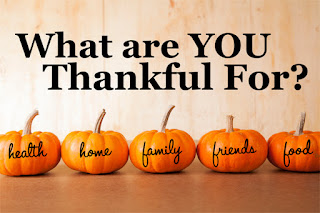2020 "Hindsight"

At the end of every year, and as we approach a new one, it’s natural to look back at experiences and lessons learned—and to ponder ways to apply them productively going forward. Here’s some thoughts from 2020 that I hope will help you do just that. 3 Things That (Seem to) Scare Plan Sponsors Halloween is the time of year when one’s thoughts turn to trick-or-treat, ghosts and goblins, and things that go bump in the night. And sometimes it’s just a good time to think about the things that give us pause—that cause a chill to run down our spine. In that category, here are three things to ponder… 3 Retirement Income Impacts That Can Impact Retirement Income Most of the focus on retirement savings is on those who haven’t saved enough, or who lack access to the platforms to make saving enough easy. But even those that have done the “right” things can nonetheless have their retirement planning realities tripped up. Here are three retirement income impacts of which (even) “g














